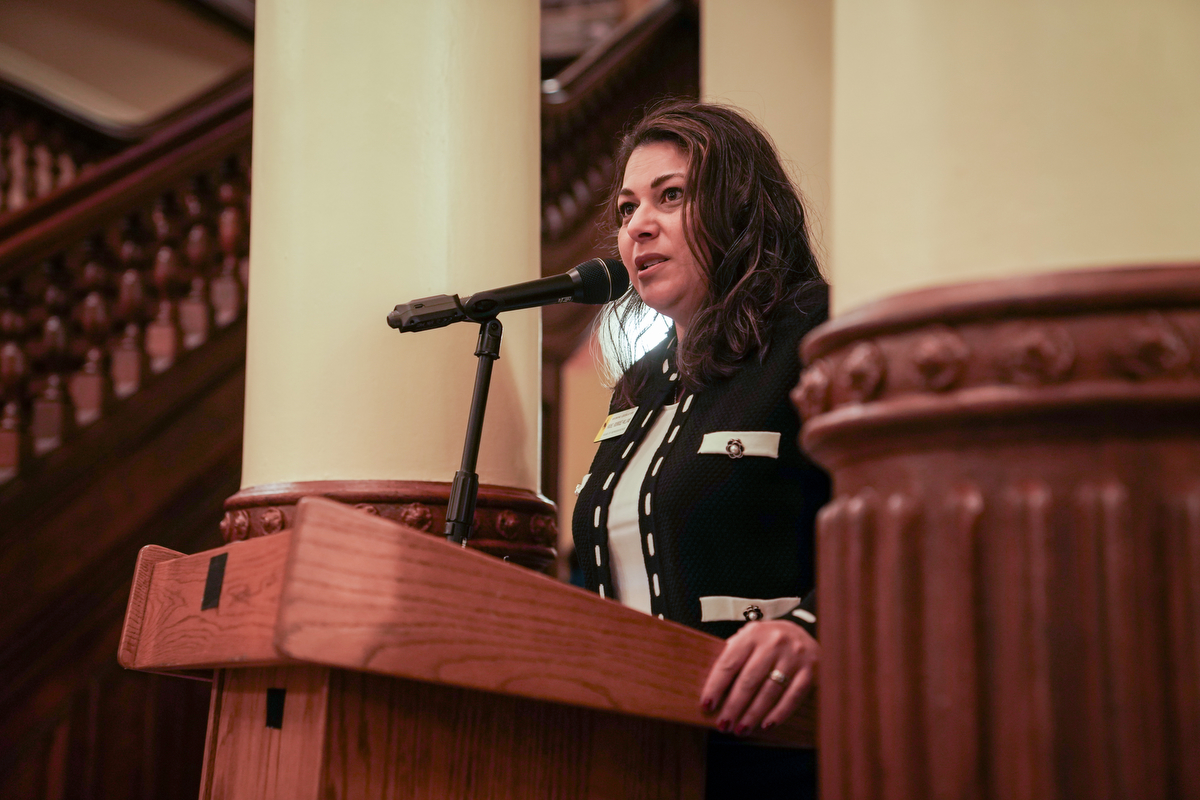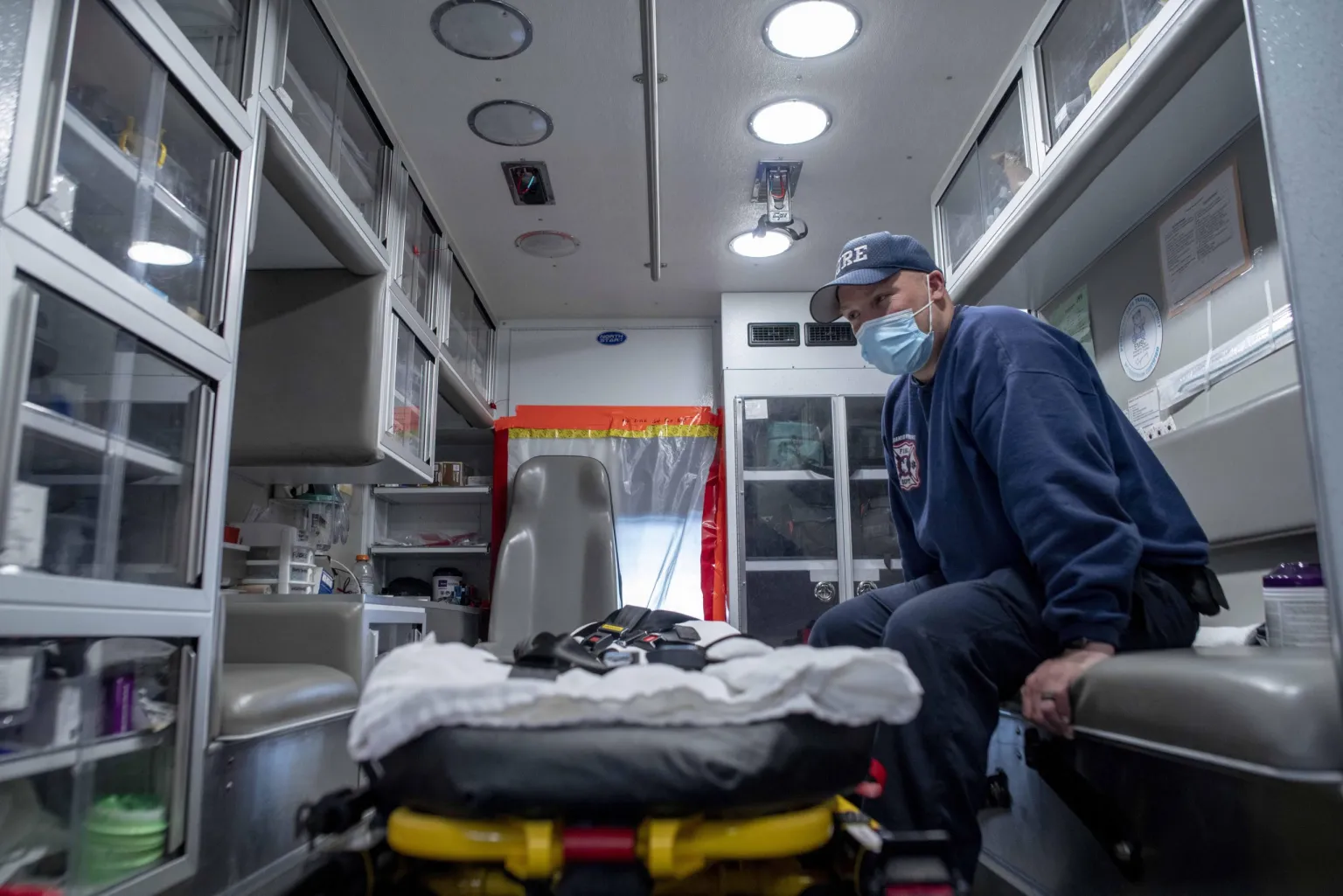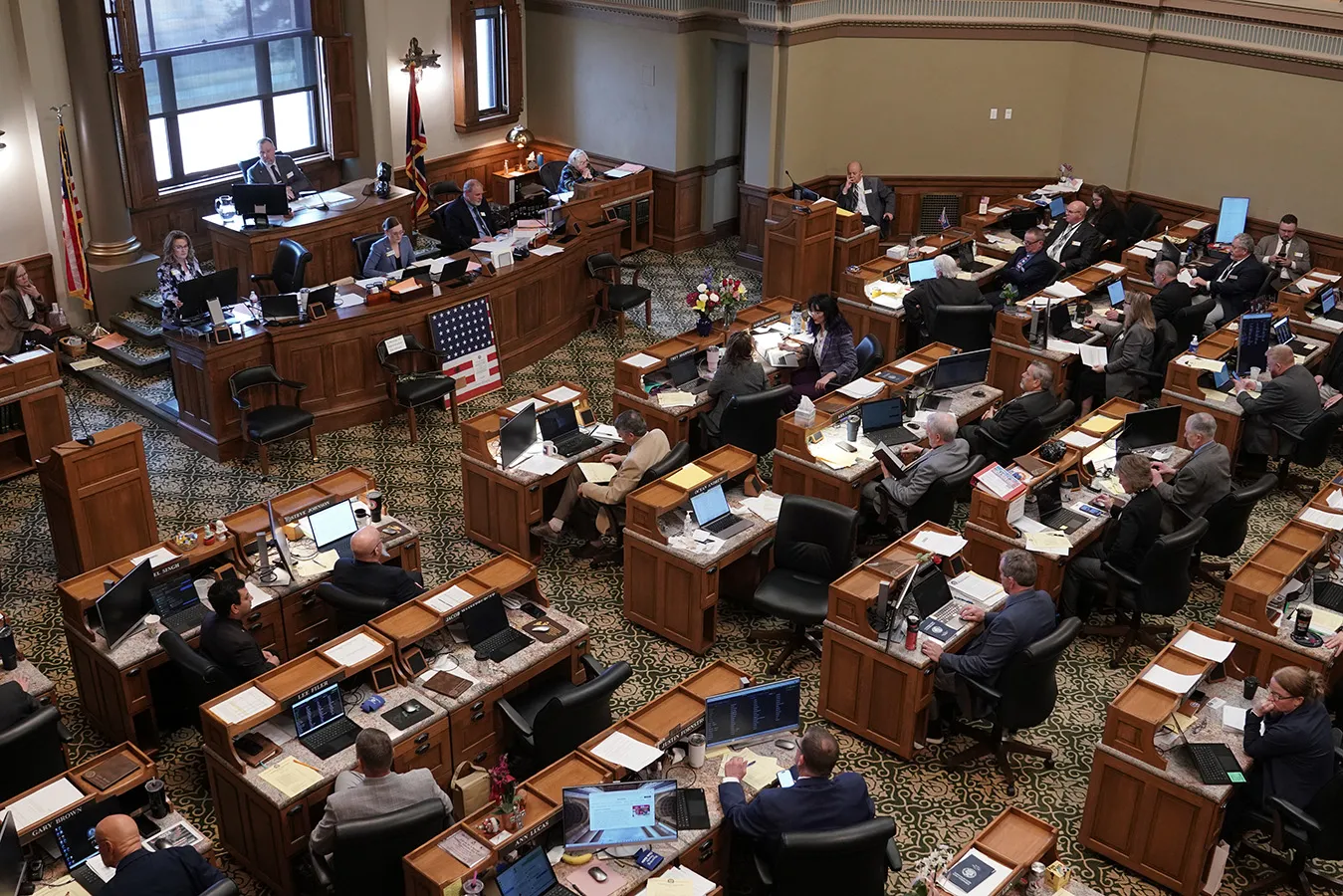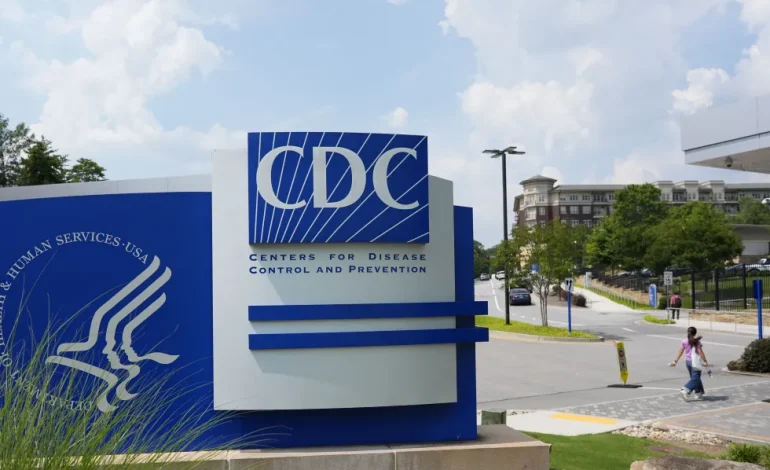The Centers for Disease Control and Prevention (CDC) has updated its guidance to include respiratory syncytial virus (RSV) vaccination for certain adults starting at age 50, a shift from the previous recommendation that began at age 60, the Associated Press reports.
The change follows earlier advice from the agency’s former vaccine advisory panel, which was recently replaced.
As of Wednesday, the expanded recommendation appears on a CDC webpage, though it has not yet been reflected in the agency’s official adult immunization schedule. The CDC now states that adults aged 50 to 59 who are at increased risk for severe RSV illness are eligible for the vaccine.
RSV is a common respiratory virus that typically causes mild, cold-like symptoms. However, it can lead to serious illness in infants, older adults, and those with underlying health conditions. The CDC already recommends RSV vaccination for adults 75 and older, as well as for certain pregnant individuals. Adults aged 60 to 74 with medical conditions that put them at higher risk have also been eligible for the vaccine.
In April, the CDC’s Advisory Committee on Immunization Practices (ACIP) advised expanding eligibility to include high-risk adults beginning at age 50. However, that recommendation was not immediately adopted, partly due to a leadership gap at the CDC and a lack of action from Health and Human Services Secretary Robert F. Kennedy Jr.
Last month, Kennedy dismissed all 17 members of ACIP and appointed seven new members, some of whom have publicly expressed skepticism about vaccines. The newly seated panel has not yet addressed RSV vaccination guidance. It has, however, drawn attention from medical organizations for revisiting established vaccine policies, including those concerning flu vaccine preservatives and the standard children’s immunization schedule.
Despite the shakeup in the advisory committee, a CDC webpage was updated to note that Kennedy approved the previous panel’s recommendation on June 25, stating the new guidance for adults aged 50 to 59 is “now an official recommendation of the CDC.”
The move was first reported by Endpoints News. Neither the CDC nor the Department of Health and Human Services has issued a formal press release on the change.










The latest news in your social feeds
Subscribe to our social media platforms to stay tuned